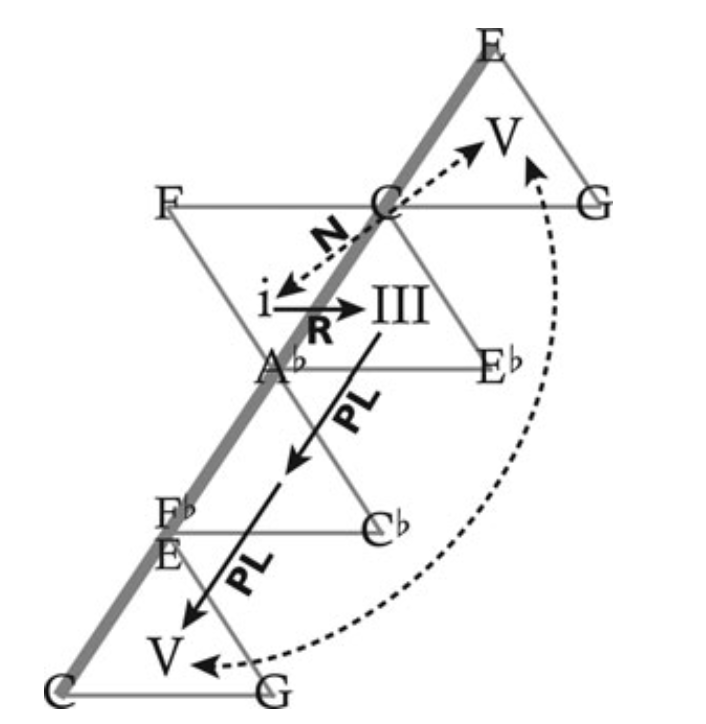What are your experiences with self-teaching music theory? You don’t have to be a 100% autodidact to answer this question; you probably have had times when you read a book or watched a video to learn some specific idea or technique. Ideally, I’d like to compile some guides for readers who don’t have a teacher.
Personally, I prefer close reading of books and articles, but I know that’s hardly a universal approach.
I read books, basically. Starting with the ABRSM’s Rudiments back in 1970 (having been a self-taught guitarist for 4 years by then), and countless (largely forgotten) books after that, just whenever - and only as far as - curiosity drove me. I had the advantage of school music lessons (age 10-11 only), which meant notation held no fears for me. But when it comes to applying what I learned - composing and improvising - that comes from studying music, both on recordings and from sheet music. I was composing and improvising before ever studying any music theory. Still, now, my theory reading is not for any practical purpose, to help me with my own music. It’s just intellectual curiosity, helping build an overview of history and genre. More pieces in the big picture jigsaw.
Currently mostly self-teaching myself now. I had one composition lesson and now he’s busy but that was enough to spark a bunch of motivation to look up things where I thought would solve my main issue: not having the piece/improvisation stay in one key but to be able to freely change key to be able to access different “flavours”. I started with Jens Larsen’s videos on Jazz theory, tried a bunch of Max Reger’s book on modulation, got a few tips from Anne-Kathrin Dern (especially on harmonic planing), went through some June Lee/Jacob Collier stuff…that’s all for now. Something else will come up for me to learn. In the meantime, I actually ought to write/improvise some music with this newfound knowledge.
Reger’s book is interesting because it doesn’t teach directly what it seems to be about (practical and musical ways to actually pull off these transitions) but it does teach principles of the fastest route and common tones to get your brain moving. Particularly C to B# major. You learn these 2 chord motions and how to daisy chain them.
Self-teaching since 2/3 years, with composition as main goal. First I spent some time identifying the main topics (music theory, counterpoint, form, orchestration, jazz, 20th century techniques, post-tonal theory, DAW, etc…) and finding appropriate books (r/musictheory and r/composer where great sources for that). Then, studying these books by taking notes and practicing (listening, composing, studying scores). These notes represent today ~20 PDFs and ~1300 pages.
Younger, I also studied piano and bit of music theory at school.
I must admit I spent more time studying theory rather than actually practicing. I’m currently working to revert that trend ^^
Not exactly “self” teach but just talking with friends about it helps a lot.
A peer group can certainly be a good motivator as well.
@Xenoceratops Currently self teaching as well. I’ve joined online communities where music is discussed and trying to get through some deep books like Counterpoint in Composition, Harmony & Voice Leading and hoping to get into Taneyev’s works later. I try to self correct as much as I can and post work often to get an idea of where my holes in understanding are, so I can continue my studies.
I think it’s funny that there’s such an emphasis on simplicity and accessibility in self-study resources, yet the one book I consistently see mentioned by self-teachers is CiC.


